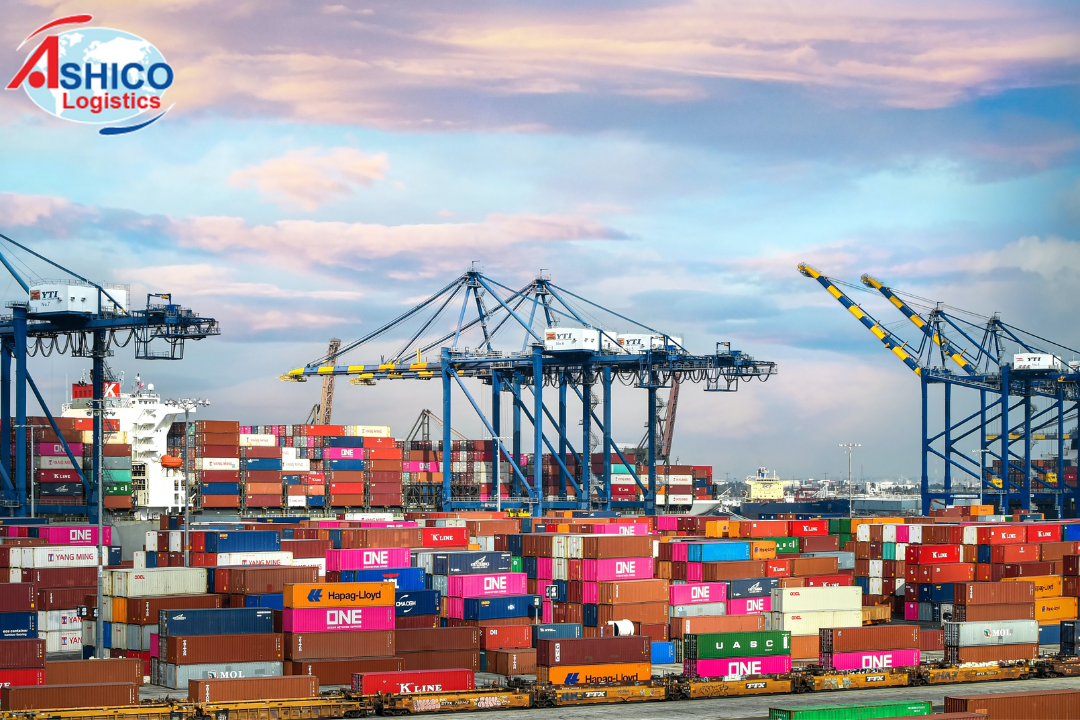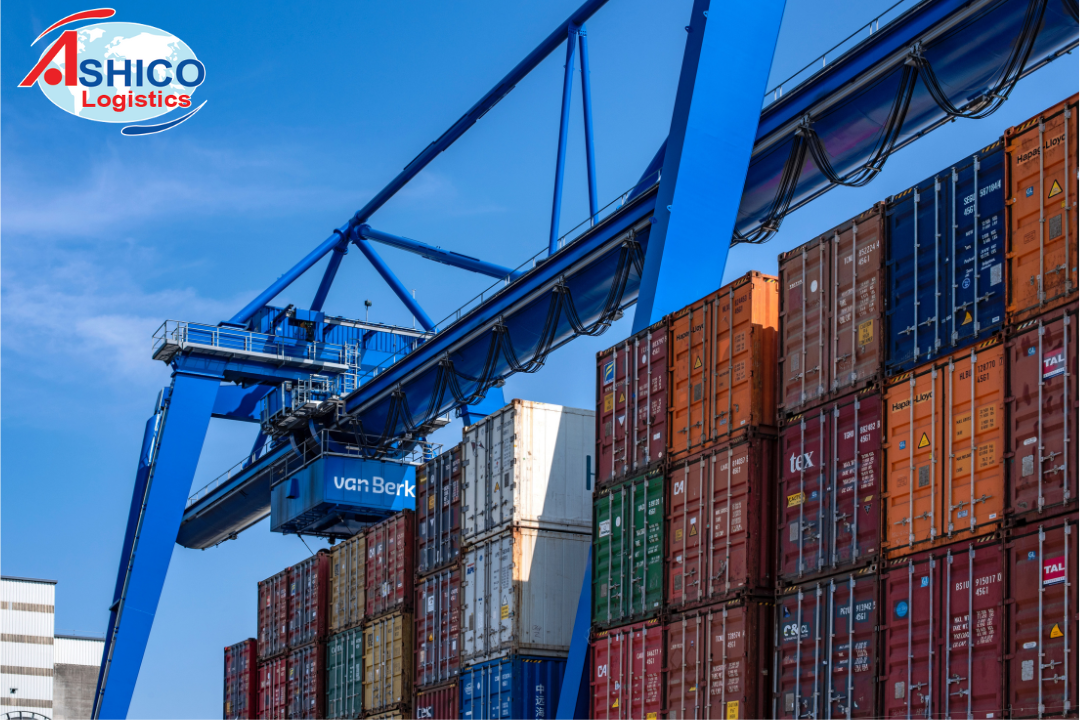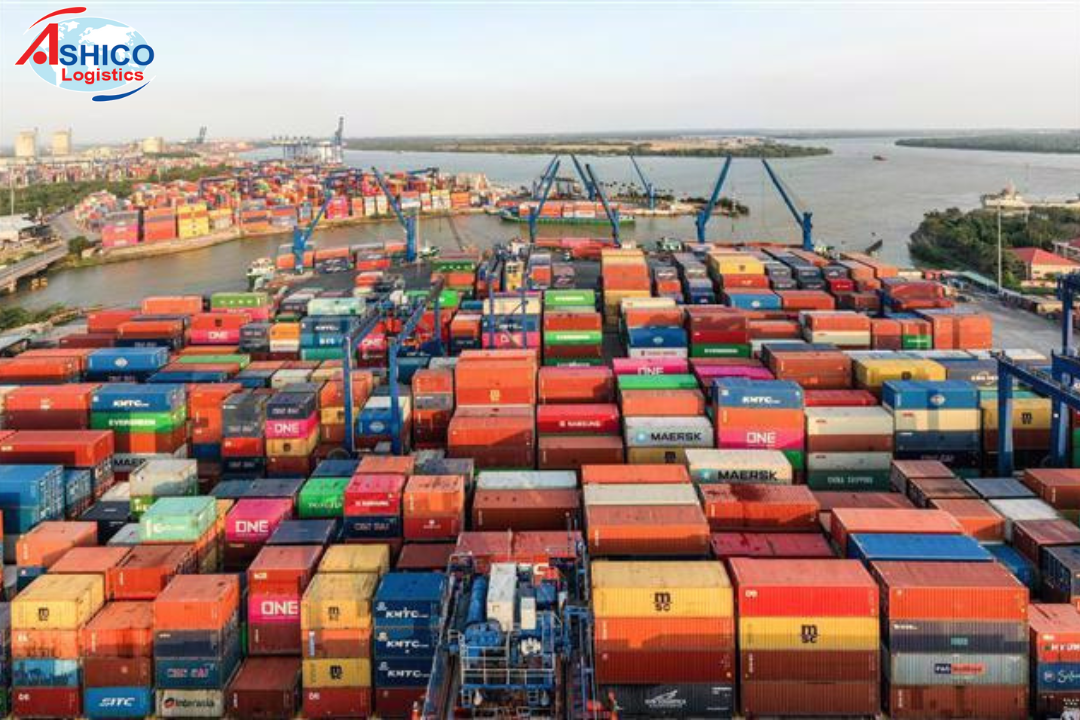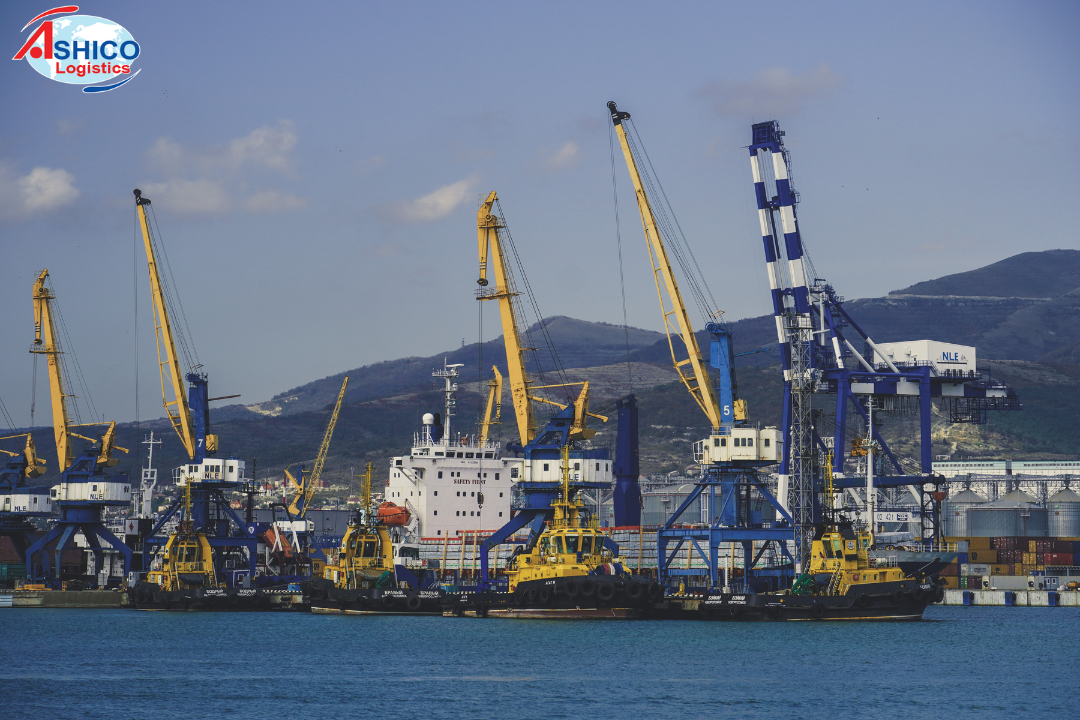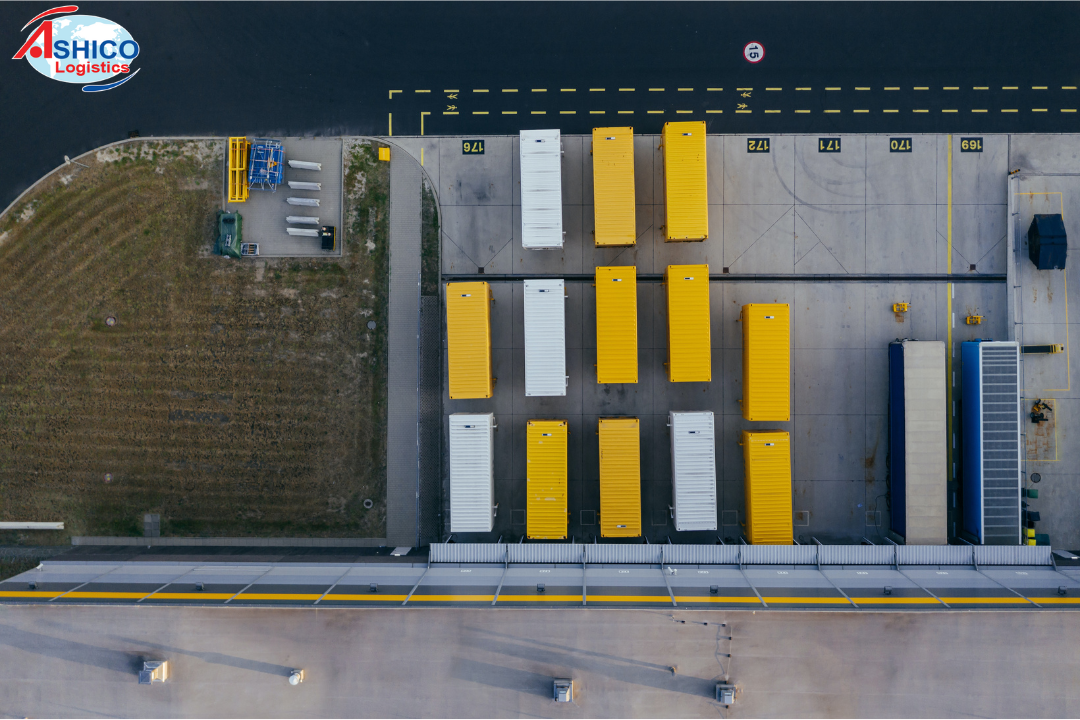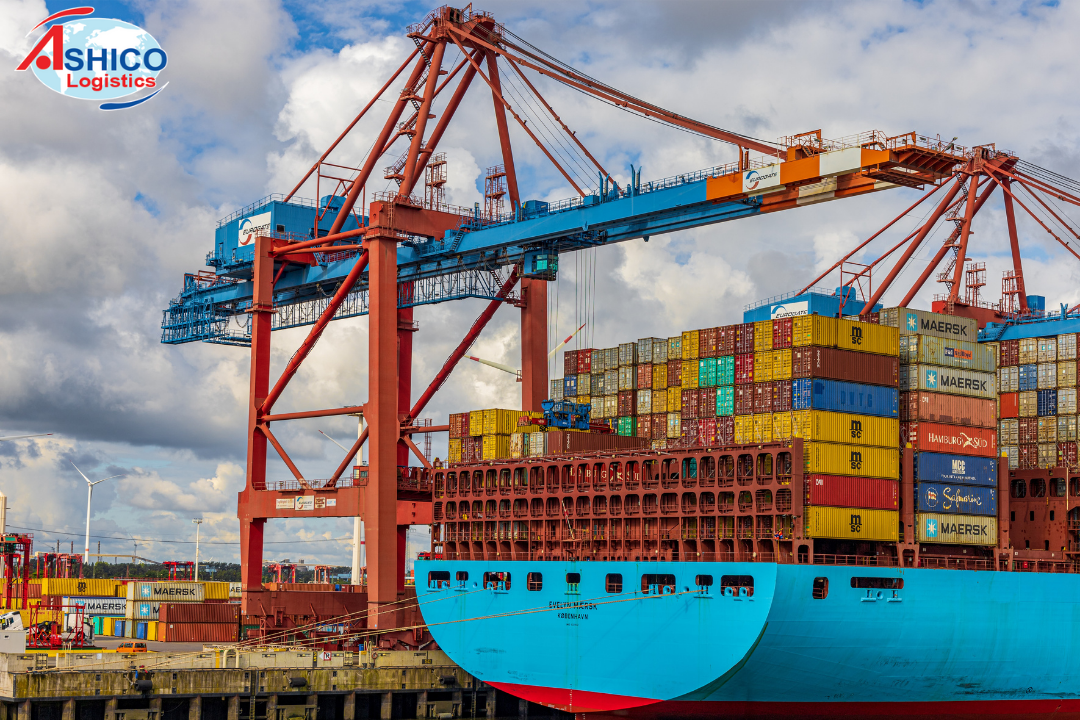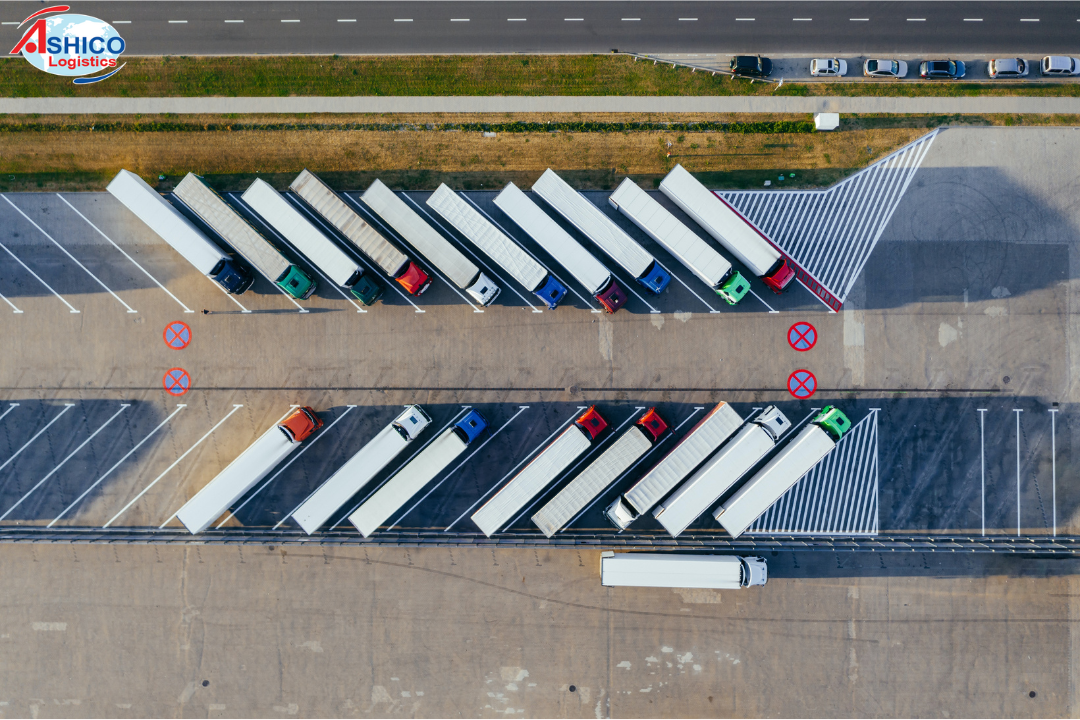
Trends shaping the global logistics market to 2027
Depending on the logistics model (1PL, 2PL, 3PL or 4PL), different trends may occur in the future. Accordingly, the logistics industry is forecasted to have a shortage of human resources, switch to multi-channel transportation, popularize RFID and cloud technology, and move towards sustainability...
Conversion in each region
Global trade is closely linked, "vital" to logistics, integration capabilities, mergers and acquisitions, technological advancements and environmental policies will be the main drivers of growth. change this field in the near future. Although the factors affecting logistics vary from region to region, the general trend shows that the fastest growing logistics market currently is Asia - Pacific.
This growth is predicted to accelerate further as more and more consumers in the region become more affluent. This means that emerging countries such as China, India, Japan, Malaysia and Indonesia will experience outstanding growth in the coming years.
.png)
Supply chain stability is currently under threat due to ongoing conflicts. In the long term, logistics development may slow down in Europe and continue to move towards Asia.
In addition to the transformation in each region, multi-channel transportation is also a trend that many logistics businesses are paying attention to. Multichannel shipping is different from traditional shipping because it facilitates the movement of goods across multiple channels. Instead of just shipping goods across borders, a single warehouse can provide global returns, packaging and shipping.
The growth and expansion of multichannel shipping can be attributed to the "Amazon effect". Accordingly, brick-and-mortar retailers offer more omnichannel touchpoints to increase customer loyalty. Omnichannel shipping also provides a seamless shopping experience, either in person or online, to customers.
The development of technology
RFID technology is developing more and more not only in production and management but also in daily life. RFID technology (English: Radio Frequency Identification) is a technology to identify objects via radio frequencies. This technique allows the recognition of objects through a radio transceiver system, helping to transmit and receive data from one point to another. From there, the system can monitor, manage or track each object.
RFID technology was born in the 1970s and is now being widely applied in daily life. For example, car keys, highway toll cards, hotel cards, etc. Radio wave object recognition (RFID) technology is expected to continue to develop.
Sustainability and the wave of globalization
Despite broken logistics, market research by Forto and FourKites shows that sustainability remains a top priority for customers. This is a key issue for the global logistics and supply chain in the near future and is the driving force behind every other industry.
Many global manufacturers are incorporating sustainability into their business plans. Sustainability regulations need to be stricter on emissions from transportation, cargo ship pollution monitoring and other issues.
4PL service providers (4th logistics service providers) will manage all activities related to the supply chain such as storage, process, purchasing and distribution. Many transportation models by road, air, water and rail will all transform as new technologies and consumer demands will "revolutionize" the industry.
The wave of globalization has impacted all countries around the world, bringing both new opportunities and challenges to global development. More regulations and laws will be expanded to facilitate global trade.
Therefore, logistics service providers must be aware of the changes affecting their markets. In it, they need to check data, provide data transmission and customer data throughout the logistics process. Finally, suppliers must update information and data regularly to stay competitive.


